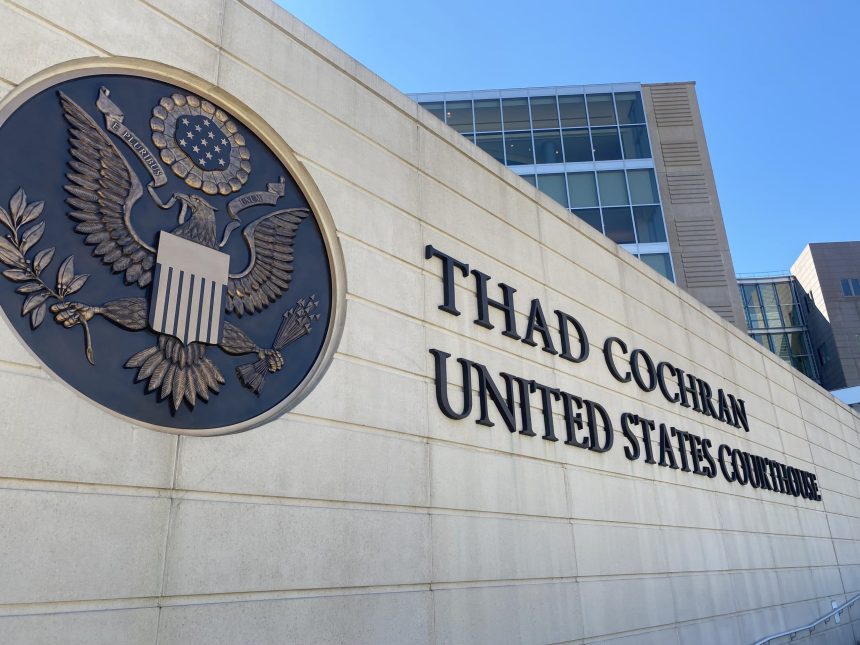On Monday, the Mississippi ACLU and others filed a federal lawsuit against four state education boards challenging the constitutionality of a recently passed bill that bars public academic institutions from including diversity, equity, and inclusion issues in their teaching.
House Bill 1193, which was passed by both legislative chambers and signed by Republican Gov. Tate Reeves on April 17, prohibits public colleges, universities, and K-12 schools from engaging in “any formal or informal education… that focus[es] on increasing awareness or understanding of issues related to race, sex, color, gender identity, sexual orientation, or national origin.”
The suit, filed by the state ACLU along with the Mississippi Center for Justice, Badat Legal, and Quinn, Connor, Weaver, Davies & Roucco LLP, named the defendants of the case as the IHL Board of Trustees, the Mississippi Community College Board, the Mississippi State Board of Education, and the Mississippi Charter School Authorizer Board.
Specifically, the suit alleges that HB 1193 violates the First and Fourteenth Amendments of the U.S. Constitution.
“Members of the Mississippi Legislature may very well be incapable of having productive discussion on race, gender, or our state’s history. That doesn’t mean our educators and students aren’t up to handling difficult conversations,” Jarvis Dortch, executive director of the ACLU of Mississippi, said. “The First Amendment protects the right to share ideas, including teachers’ and students’ right to receive and exchange knowledge. Open and honest dialogue benefits all students and, if given a try, it would benefit the Mississippi Legislature.”
The plaintiffs claim that the anti-DEI law, which would take effect on July 1, 2025, would ban teachers and students from discussing critical issues like slavery, the Civil War, various forms of discrimination in the past and present, the civil rights movement, women’s rights, LGBTQ rights, and others.
They also allege in the lawsuit that traditional literary works by authors such as Richard Wright, Toni Morrison, William Faulkner, Jane Austen, Rita Mae Brown, and many others would be banned.
“[The Mississippi Association of Educators] believes that public schools should be places that encourage inclusive classrooms, provide honest education, protect academic freedom, and promote social justice and equal opportunities for all students,” Eric Jones, executive director at MAE, said. “HB 1193 will impact how this is achieved.”
A portion of the complaint also condemns the law’s provision requiring schools to “cure” any alleged violations without specifically outlining specific punishment, though the law does specify that any institution that has committed two or more “uncured violations” have all state funding withdrawn.
“If this law is not thrown out, our public schools and colleges will lose accreditation and our students will be cheated out of a decent education,” Kimberly Jones Merchant, president and CEO of the Mississippi Center for Justice, said. “Discrimination is an American problem but under this law, Mississippi would be the only state where you can’t even talk about it in the schools.”
The plaintiffs are asking the federal court in Hinds County find the law to be unconstitutional in violation of First and Fourteenth Amendment rights and to issue a preliminary injunction to prevent the law from being enforced, followed by a permanent injunction.








